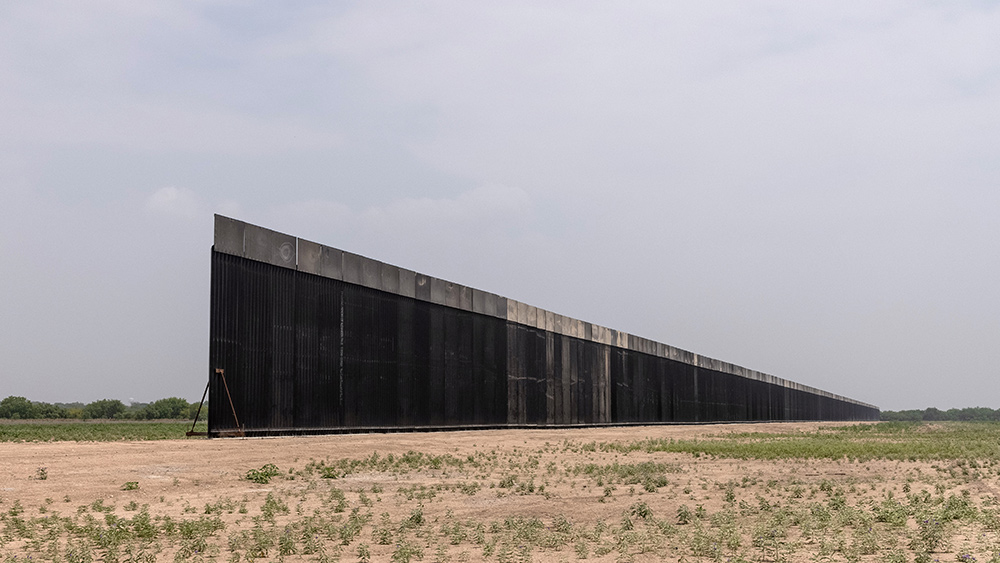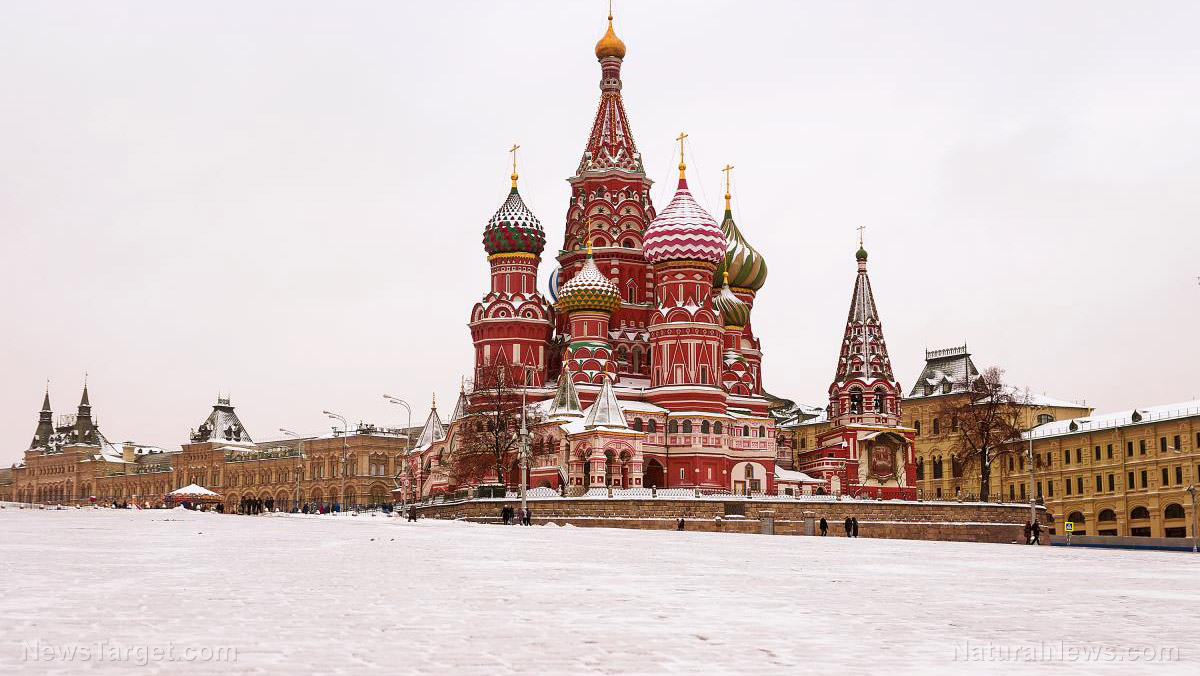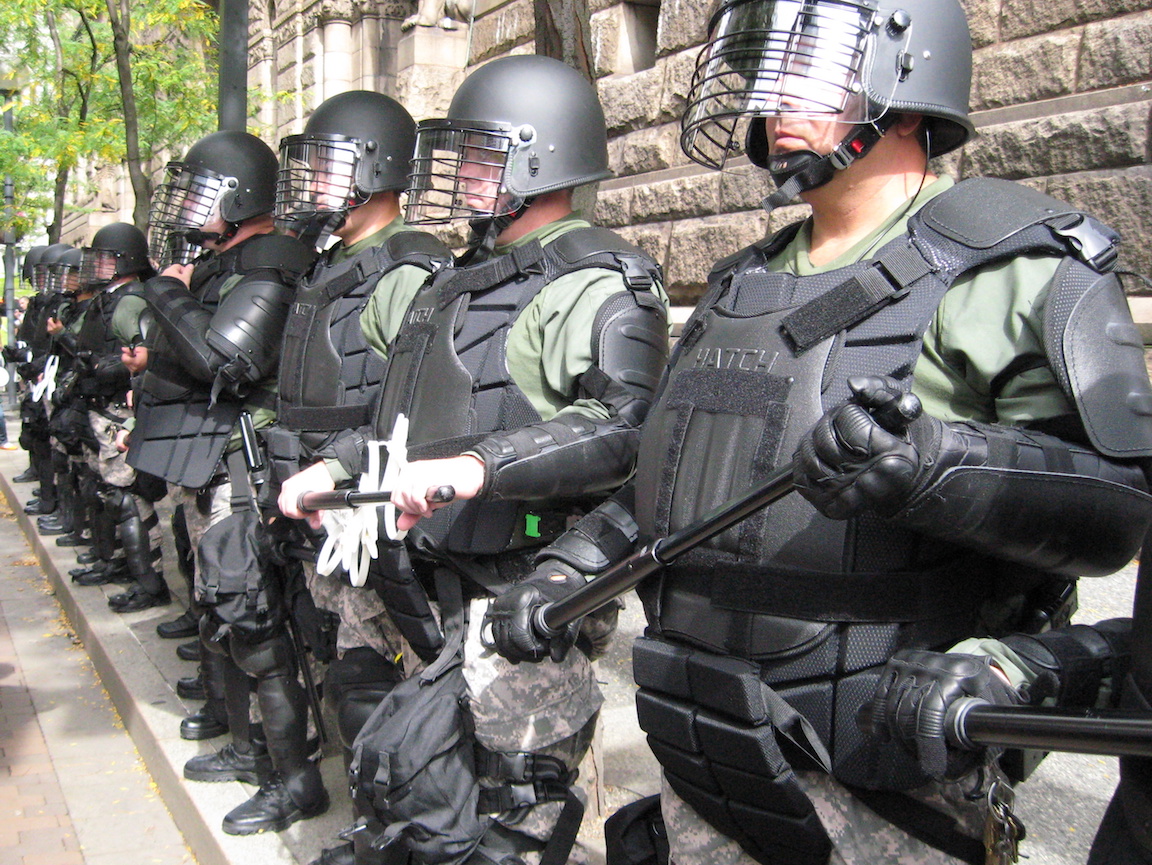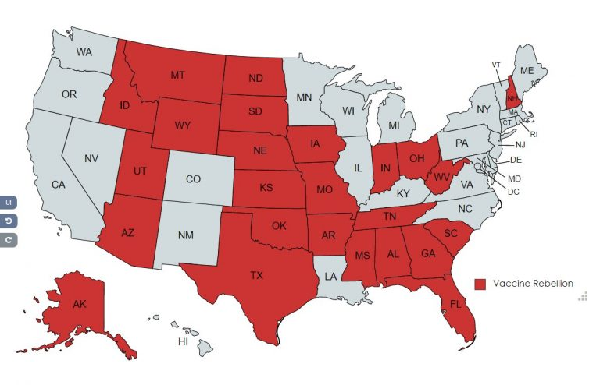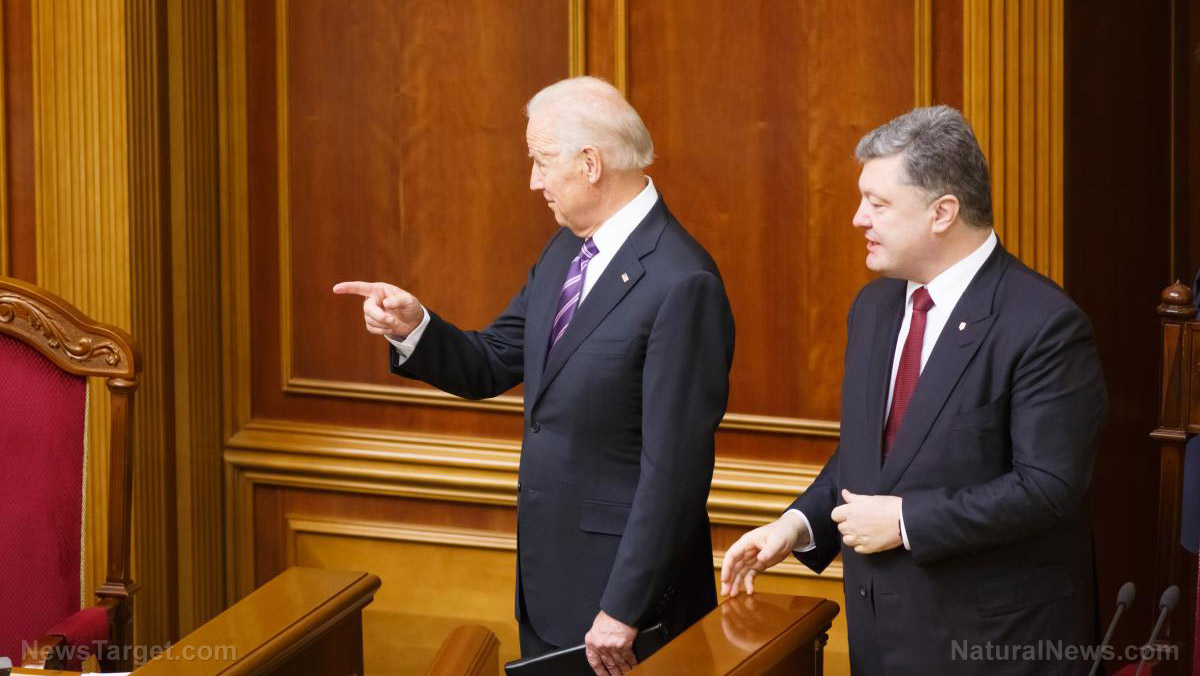ENERGY RATIONING BEGINS: Germany implementing energy rationing program amid fears of gas shortages and riots
08/28/2022 / By Arsenio Toledo
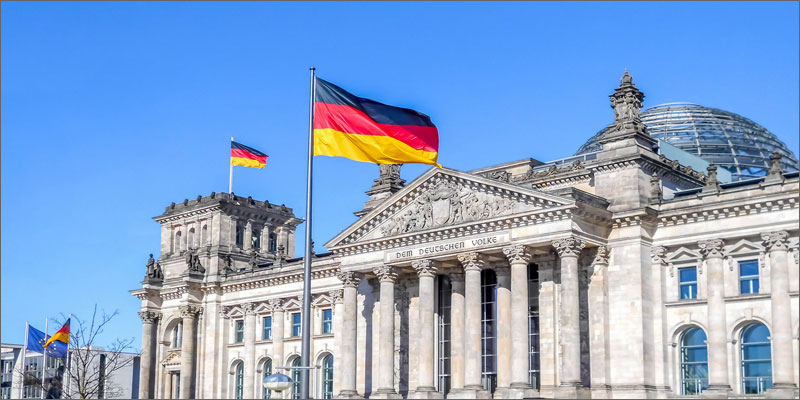
Germany is now implementing strict energy rationing as the country tries to avoid severe energy shortages this winter.
German officials are hoping that renewed and harsher rationing efforts will help reduce the risk of energy shortages as Europe’s energy disputes with Russia appear to have no end. Many ministers are also very concerned about the possibility of heightened public unrest and gas riots should people be left unable to heat their homes. (Related: Europe’s natural gas prices shoot up to record highs as Gazprom announces another pipeline shutdown.)
The country’s natural gas storage capacity is 67 percent full, making it slightly ahead of its target to fill its stores by 65 percent before Sept. 1. The main objective is to fill gas stores up to 95 percent capacity by Nov. 1, a goal that will prove to be very difficult to achieve.
German rationing policies make little to no sense
By Sept. 1, German policies imposing limits on how warm public buildings and offices can be will go into effect. These places will be legally restricted to temperatures of no higher than 19 degrees Celsius (66.2 degrees Fahrenheit).
Public buildings will also no longer be allowed to keep their hallways heated, with exceptions for critical institutions like hospitals. The government is also banning heating tap water for washing hands using boilers or instant heating devices.
The government is also overriding contract clauses mandating that landlords keep their properties heated to a certain level to ensure the well-being of their tenants. These clauses are to be suspended for six months, with government ministers claiming that this will allow renters who are willing to voluntarily turn down their thermostats to do so.
There are a variety of other measures in the new energy rationing policy that analysts have criticized for making little to no sense or for overstepping the bounds of what the government should be able to mandate.
Public shops will be banned from leaving their doors open. Supplying energy to monuments for lighting will be banned. Outdoor pools will be forbidden from being heated using gas or electricity. Neon signs must be switched off by 10 p.m.
Local publication Bild noted that these policies will likely not be appreciated by most of the population. Noted economists have urged the government to be “pragmatic” about its energy policies and keep fossil fuel and nuclear power stations online for the time being.
Gerd Landsberg, the general manager of the German Association of Towns and Municipalities, warned that the new energy policies are effectively unenforceable and local authorities will not be in a position to check compliance.
“We will not be able to check whether doors are always closed around the clock,” said Gerd. He added that despite the rules mandating the implementation of these energy rationing policies, local authorities will be forced to use their “common sense” to decide whether or not to clamp down on energy usage.
Despite criticism, officials appear to be adamant about pushing through with its short-sighted energy policies.
Learn more about the energy crisis in Germany and the rest of the world at NewEnergyReport.com.
Watch this episode of the “Health Ranger Report” detailing how climate-conscious Germany turned to coal due to the energy crisis.
This video is from the Health Ranger Report channel on Brighteon.com.
More related stories:
Germany says citizens who don’t enjoy freezing this winter are extremists.
Gas shortages in Germany could force government to shut down schools.
Germany to reopen coal-fired power plants as Russia throttles Europe’s gas supplies.
Sources include:
Submit a correction >>
Tagged Under:
big government, chaos, Collapse, energy crisis, energy rationing, energy shortage, energy supply, Europe, freeze, fuel rationing, fuel shortage, fuel supply, gas riot, Germany, government overreach, government regulations, heat, hot water, natural gas
This article may contain statements that reflect the opinion of the author
RECENT NEWS & ARTICLES
COPYRIGHT © 2017 BIG GOVERNMENT NEWS



